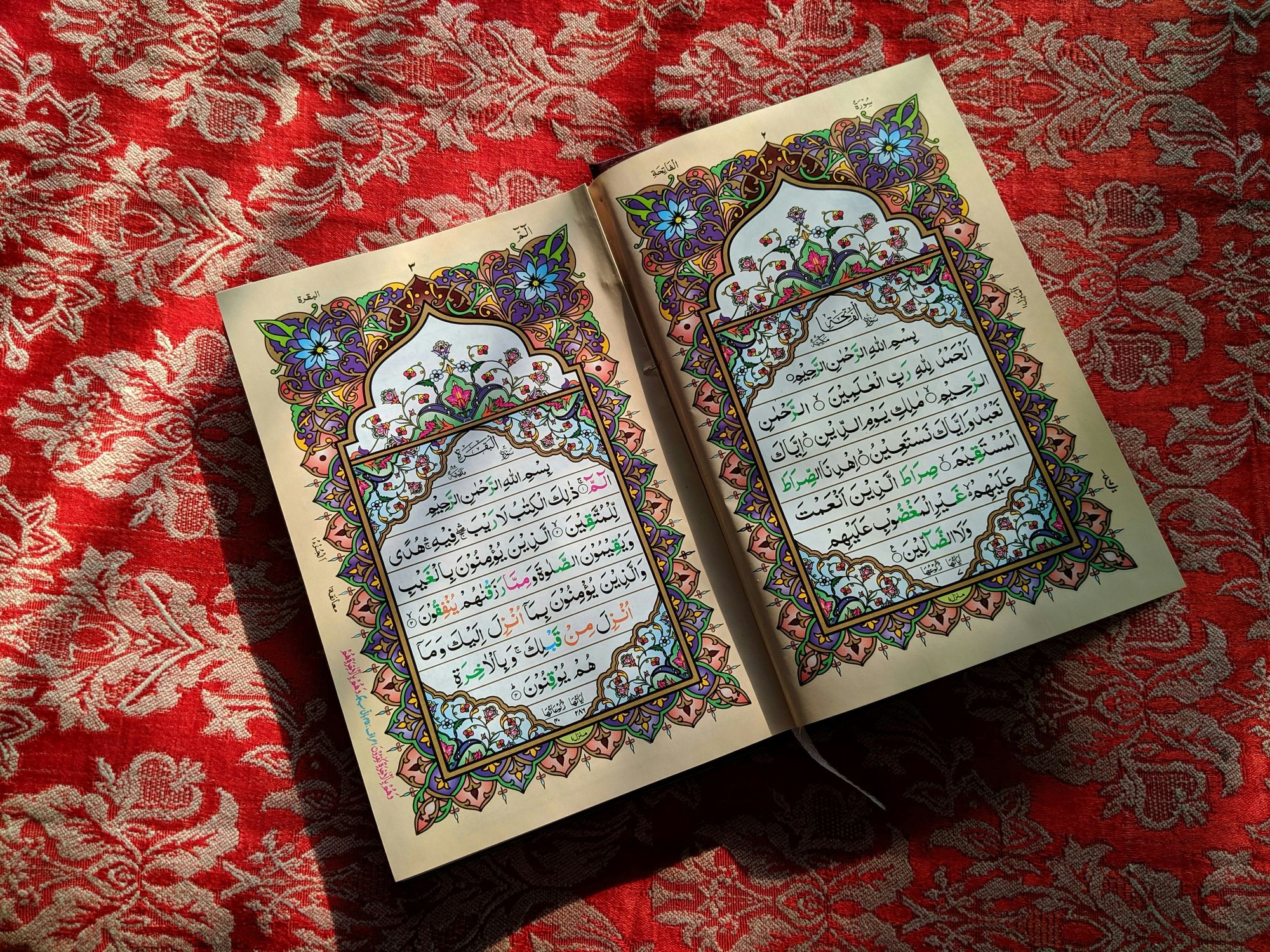Honouring Tradition with Dignity: Exploring Direct Cremation in Islam

The loss of a loved one is a profound experience in any faith tradition. Islam, emphasizing respect for the human body and a swift burial, has established funeral practices centered on these principles. Traditionally, elaborate washing and burial rituals are central to honoring the deceased and facilitating their passage to the afterlife. However, the modern world presents new considerations, and direct cremation, a simpler and faster approach, is gaining some traction within Muslim communities.
This blog post explores direct cremation in the context of Islamic beliefs and practices, examining its compatibility with core tenets and how companies like Eirene can help facilitate a respectful farewell.
The Journey to the Hereafter: Traditional Islamic Funeral Rites
Islamic funeral practices (Janazah) emphasize swiftness, respect, and communal participation. Here's a simplified breakdown of the traditional process:
- Preparation: The deceased is washed and shrouded in a simple white cloth (kafan) by family members of the same gender. Prayers (Salat al-Janazah) may be offered.
- The Funeral Procession: The body is carried on a bier to the mosque or designated burial site for a communal funeral prayer.
- The Burial: The body is buried promptly, facing the direction of the Kaaba in Mecca. No casket is used, and the grave is simple and unadorned.
- Condolence (Ta'ziyah): Family members receive condolences from the community for a designated period.
Examining Reasons for Direct Cremation
Despite the significance of traditional burial rituals, some Muslim families are considering direct cremation for various reasons:
- Urbanization and Busy Lifestyles: Modern life in urban centers can make it challenging to fulfill elaborate rituals and ensure a swift burial, especially for geographically dispersed families.
- Financial Considerations: Traditional burial plots and funeral home services can be expensive, and direct cremation offers a more affordable alternative.
- Donor Organ Donation: In some cases, cremation may be necessary if organ donation is a consideration. However, Islamic rulings on organ donation vary by region and require consultation with a scholar.
Theological Considerations: Balancing Tradition and Modernity
The Quran does not explicitly forbid cremation. However, the emphasis remains on respectful treatment of the body and a prompt burial. Here's how to navigate this with respect:
- Respect for the Body: Even with direct cremation, the body deserves respectful handling. Eirene prioritizes ethical and legal cremation procedures, ensuring the process adheres to all guidelines.
- Seeking Guidance from an Imam: Consulting with a local Imam is crucial. Discuss your wishes and concerns to find a path that balances tradition with modern considerations. They can offer guidance on whether direct cremation aligns with your specific Islamic school of thought.
- Focus on the Spiritual: The focus remains on prayers for the deceased's soul and their journey in the afterlife. Traditional prayers like Salat al-Janazah can still be performed before or after the cremation.
Eirene: A Partner in Respectful Direct Cremation
Cremation service providers like Eirene can be valuable allies in honoring your wishes while respecting Islamic traditions. We offer:
- Ethical Cremation Processes: Eirene prioritizes respectful and ethical cremation procedures, ensuring the process adheres to legal and regulatory guidelines.
- Transparent Communication: Open communication allows you to discuss your specific needs and preferences with Eirene, ensuring all your requests are meticulously followed.
- Flexibility for Post-Cremation Ceremonies: Eirene understands the importance of prayers and communal mourning. We can work with you to ensure the cremated remains are available for a memorial service or other gatherings, adhering to local regulations.
Planning a Respectful Farewell with Direct Cremation
Even with direct cremation, creating a meaningful experience that honors your loved one is possible:
- Prayers and Recitations: Organize a gathering of family and friends to offer prayers (Salat al-Janazah) and recite Quranic verses for the deceased's soul.
- Communal Support: Seek comfort and support from the Muslim community during this difficult time.
- Disposition of Ashes: Following the cremation, discuss respectful options for the ashes with your Imam and family. Some possibilities include burial in a designated Islamic cemetery plot or scattering them in a permitted location, following local regulations.
Finding Solace in Faith and Community
Islam offers a strong support system and guidance during times of loss. Through prayer, community support, and upholding core values, even a direct cremation can be a way to honor your loved one and facilitate their spiritual journey.
Additional Considerations
- Local Variations: Islamic funeral practices may vary slightly depending on location and specific Islamic school of thought. Consulting with a local Imam ensures you adhere to the practices observed in your community.
- Open Communication is Key: Open communication with your family, Imam, and local Muslim community is crucial throughout the process. Discuss your preferences, concerns, and how direct cremation can be incorporated respectfully within the framework of your faith.
Resources
- Islamic Relief Worldwide: https://www.islamic-relief.org/
- The Council on American-Islamic Relations (CAIR): https://www.cair.com/
Remember, Eirene is Here to Help
The loss of a loved one is a deeply personal experience. Eirene understands the importance of navigating this difficult time with sensitivity and respect. We are committed to providing support and guidance throughout the direct cremation process, ensuring it aligns with your wishes and the core tenets of your Islamic faith.
May you find peace and comfort during this difficult time.




